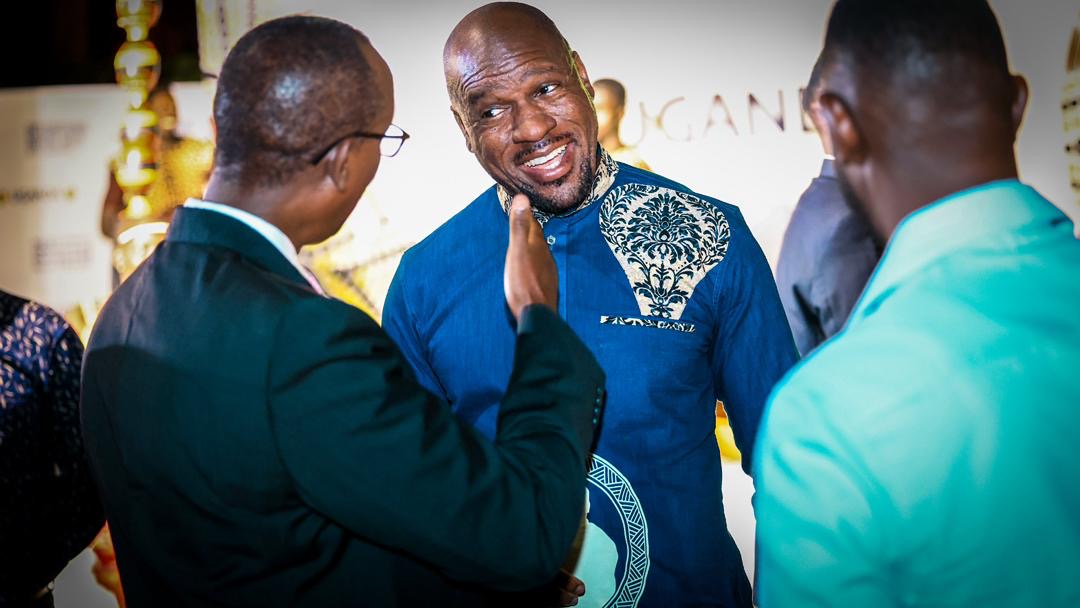Presidential Advisor and Chairperson of the Presidential Advisory Committee on Exports and Industrial Development (PACEID), Odrek Rwabwogo, has challenged African governments to stop treating regional integration as a theoretical ambition and instead implement practical reforms that unlock trade and enterprise growth.
Speaking on continental mobility and market access, Rwabwogo criticised ongoing travel restrictions within Africa, arguing they contradict the core objectives of the African Continental Free Trade Area (AfCFTA).
“Why must an Ugandan need a visa to enter Nigeria, DR Congo, or any part of our continent? If we want enterprises to grow, Africa has to treat itself as one market,” he said.
He emphasised that seamless logistics, improved connectivity and a unified private sector voice are essential for unlocking the continent’s economic potential.
“When we integrate our logistics by water, land, and air, and when the private sector speaks with a united voice, governments respond. The African Continental Free Trade Area will only work if we deliberately remove the obstacles that slow down movement, production, and opportunity.”
Rwabwogo framed the implementation of AfCFTA as a responsibility shared by both governments and the private sector.
He said businesses must push for reforms rather than waiting for political declarations, while leaders must create conditions that enable enterprises to thrive beyond national borders.
He also recognised national efforts supporting continental integration, applauding State Minister for Trade Gen. Wilson Mbadi for consistently advancing AfCFTA priorities.
“I want to thank the Minister of State for Trade, Hon. Gen. Wilson Mbadi, for always standing with PACEID and for championing the AfCFTA agenda across the continent. His consistency and clarity have helped keep market integration high on the national and regional conversation.”
Rwabwogo warned that Africa cannot achieve sustainable growth while clinging to restrictive systems and fragmented markets.
He urged bolder policy action to accelerate movement of people, goods and capital.
“Africa’s future will not be built through isolation. It will be shaped by how boldly we open up to one another,” he said.


